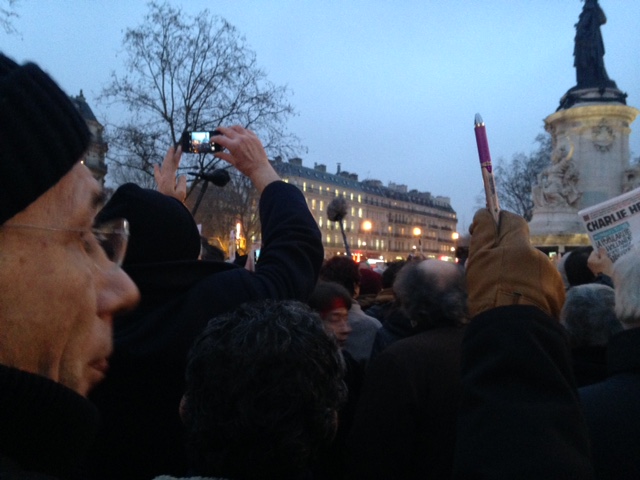
French President Emmanuel Macron has set up an anti-terrorist ‘Task Force’ which, once approved by parliament, sets the foundations for a police state. The Task Force will be directly under the control of the president with the power to set house arrest, day and night searches without warrant, shutting down prayer rooms and putting people in preventive detention with no judicial oversight.
The new Task Force creates a permanent State of Emergency and is likened to the laws of exception enacted in France from 1955, during the Algerian War. The Prefects of Police and the Interior Minister will have the power to take measures “against any person for whom there exists serious reasons to think his behavior constitutes a particularly grave threat to security and public order.”
France has been under a State of Emergency since the November 13, 2015, Paris Islamist attacks which killed 130 people and left 368 injured, 100 of them seriously. Parliament has voted five times to extend it for six months since then. Under the new law, Parliament will no longer be consulted. Judges will be informed after an action has been decided by intelligence civil servants answerable only to the president.
The Union of French Magistrates (Syndicat de la Magistrature) calls the new measure “scandalous”. According to Serge Slama of the Center for Research and Studies on Fundamental Rights, a French think tank, the measures allow “the Prefect to order verification on a simple denunciation. The goal is not to stop bombers but to conserve data.” The Magistrates are worried that the task Force only needs the Public Prosecutors agreement, thus suspending the judicial process.
The State of Emergency has been used to prevent demonstrations, put ecology militants under house arrest and prevent Europeans from coming to France to participate in protest activities, notably those opposed to the reform of labor laws. “The Prefects have used their emergency powers to sign 155 decrees banning demonstrations over 18 months,” Amnesty International complained in a statement on May 31. “Some 639 measures were taken to prevent the free movement of people.”
